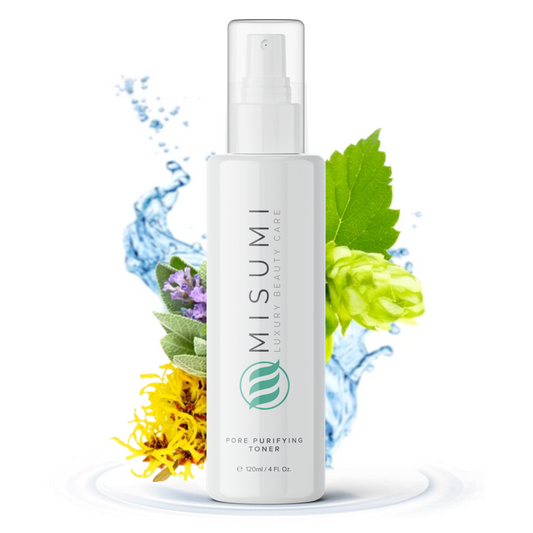If you have served in the military, you already know that scars often carry stories that words can never fully express. Some scars remind you of close calls. Some remind you of friends who never made it home. Others mark moments that changed your life for good.
But facial scars can feel different because they are always visible and are, literally, on your face. What often makes them feel heavier than other physical scars is the fact that you have to see them in the mirror every morning. Moreover, people notice these facial scars before they notice anything else. All this can feel tiring, even if you try to stay strong.
This guide walks you through ways many veterans deal with facial scars while staying true to themselves. Think of it as a friendly conversation rather than a set of strict rules.
Understanding the Emotional Weight
Facial scars often bring emotional weight that people rarely talk about. A large-scale, population-based study found that the incidence of depression among patients with facial scarring was almost twice as high as in a matched control group.
You might feel uncomfortable when strangers stare a little too long. Maybe you avoid photos or feel tense when meeting new people. These reactions are normal. You spent years training for tough situations, but no one trains you for the quiet discomfort of being seen differently.
The important thing is to accept that it is okay to feel this way. Emotions do not make you weak. They make you human. Over time, many veterans find that understanding their feelings helps them move forward. You do not need to explain your scars to anyone unless you want to. You do not owe anyone a story. What matters most is how you see yourself.
Daily Practices That Help
Some veterans find comfort in simple routines. Washing your face gently each morning can feel grounding. You might explore skincare methods that keep the scar tissue soft and healthy.
Talking to a dermatologist can help if you want medical guidance. Many veterans use sunscreen to prevent the scar from darkening. These steps are not about hiding your scars. They are ways to take care of the skin that protected you during your toughest days on the battlefield.
Many others lean on small habits that build confidence. A clean shave, a beard, or even a new haircut can shift how you feel when you step outside.
The Impact of Community Support
Community support can make a huge difference for veterans dealing with facial scars. Being around people who understand your background helps you feel seen in ways that go beyond appearance.
When you talk to other veterans, you can skip the long explanations because they already get it. They know what battle does to the body and mind. These shared experiences create a sense of belonging that eases the emotional weight of visible scars.
Good senior care homes also often offer strong community support for veterans who live in these facilities. Such aging veterans support often includes groups where senior veterans can connect and talk openly. These spaces help aging veterans feel understood while they adjust to a calmer senior lifestyle.
Many facilities provide benefits that include emotional care and healthcare support that fit their needs. This kind of support helps senior veterans feel safe, valued, and respected as they navigate life with visible scars and long memories.
Finding Strength in Sharing Your Story
You do not have to share your story with everyone. But many veterans say they feel lighter when they talk to people they trust. Opening up can help you process memories you kept locked away for years.
Talking about how you got your scars does not make you relive the past unless you choose to go deep. You set the pace. Sometimes you will meet someone who genuinely respects the journey behind your scars. These moments remind you that your experiences hold value.
Sharing your story on your own terms can help you take control of the narrative instead of feeling defined by it.
Choosing Whether to Seek Professional Help
Some veterans feel unsure about seeing a therapist or counselor. You might think therapy is only for people who cannot handle stress, but that idea is outdated.
In the US, the share of veterans with probable PTSD is 26 percent. Needless to say, visible scars on one’s face can worsen the trauma.
Talking to a mental health professional can help you carry less emotional weight. They can guide you through feelings you pushed aside for years. They also help you understand triggers that still affect you. And while therapy won’t erase your scars, it will give you a healthier mindset to live with them.
Facial scars may be permanent, but the way you live with them does not have to stay the same. You have seen more than most people ever will. Your scars carry stories that prove your courage and resilience.
With the right support, your scars will no longer feel like a burden; they will simply become part of the journey you survived.








